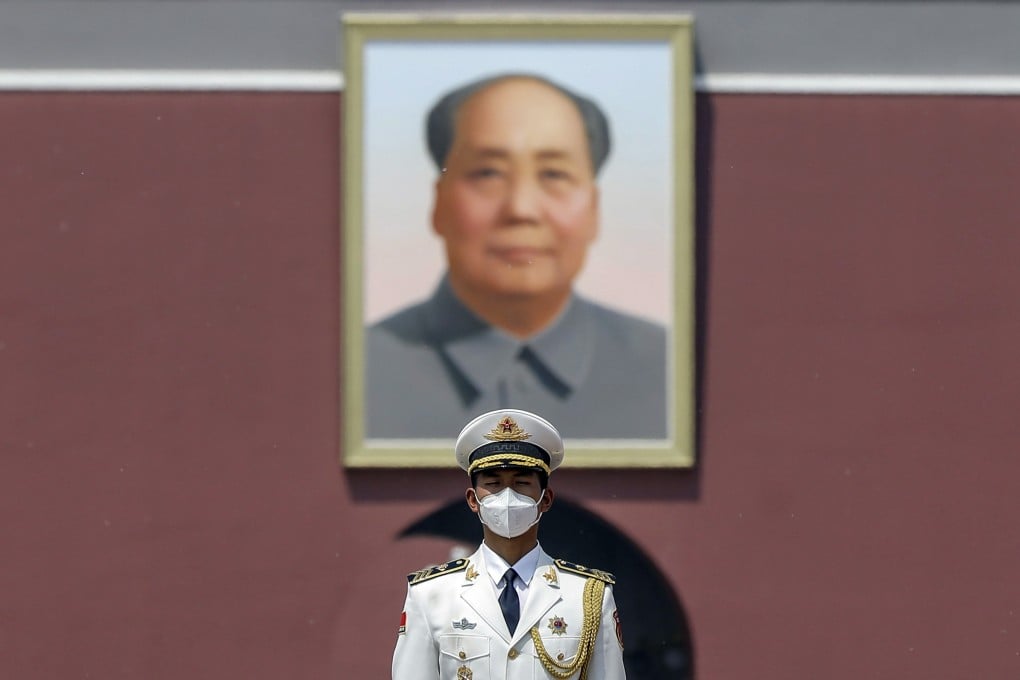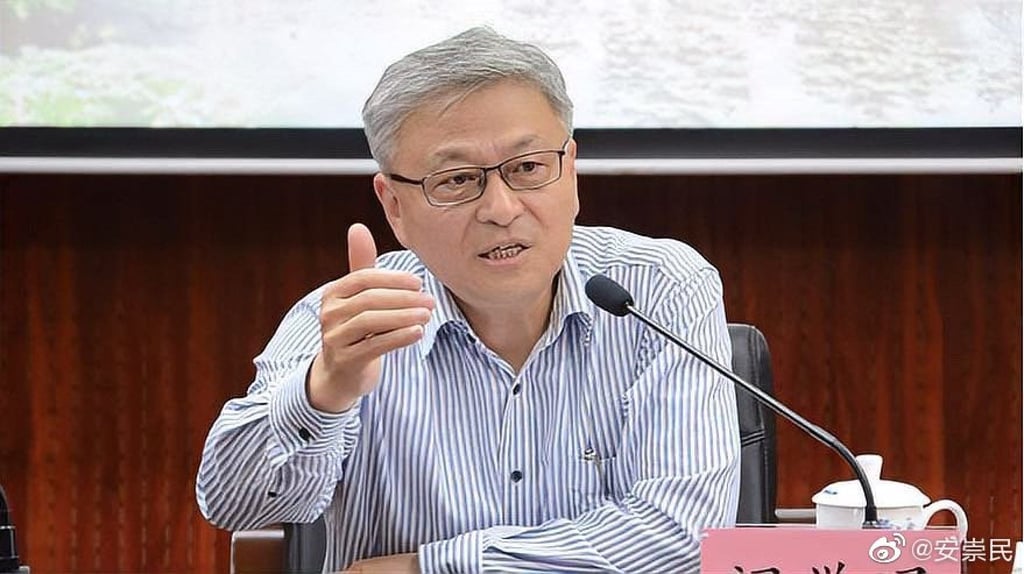Chinese academic tells students to talk to their parents about the Mao era to understand ‘basic facts’
- Yan Xuetong encourages students to find out about China’s history, including the Cultural Revolution
- His report offers a glimpse into how some educators are trying to contain a rise in nationalism being fuelled by social media

“We gave students a question to talk to their parents about at the end of each class,” said Yan Xuetong, dean of the Institute of International Studies at Tsinghua University, in a report made public on January 16 by news outlet ifeng.com.
“In several classes we asked them about things the younger generation don’t know about, so they could better tell the basic facts after learning about them.”

Yan was speaking at an academic conference hosted by the university on January 7.
He gave the examples of policy strategies during the Mao era such as “Exceeding the UK, catching the USA” on steel production, and the decades of tension between China and Russia that saw Chinese accusing their neighbours of “Soviet revisionism” – meaning that Moscow deviated from the path of socialism.
Yan said some students had developed better judgment about basic current affairs – including international relations, which he teaches – after talking to their parents and others about their experiences during the Cultural Revolution.
His remarks offer a rare glimpse into how some Chinese educators are seeking to contain a rise in nationalism among university students who heavily consume social media.